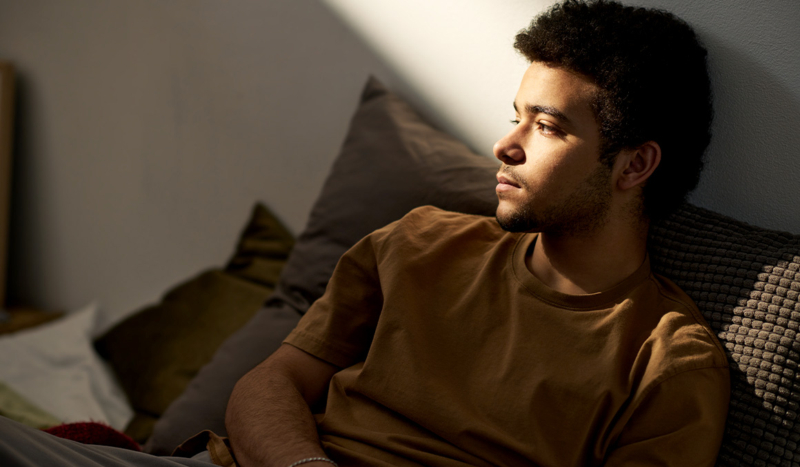
Adobe Stock
One in four young men in America report regularly feeling lonely, significantly more than any other age group in the US and more than young men in most other wealthy countries in the West, a new Gallup report shows.
Gallup found in 2023 and 2024 that the national average for loneliness was 18%, which matched the total for women aged 15 to 34. Only 15% of men aged 35-54 reported feeling lonely, compared with 16% of men aged 55 or older. Women aged 35-54 and 55 or older also reported loneliness but at levels just slightly higher than the men in their comparative age groups.
When compared with the loneliness averages of other high-income, democratic countries in the Organization for Economic Co-Operation and Development (OECD), young men are the only demographic whose rates have a significant gap, Gallup found. The OECD median for loneliness among men aged 15-34 is 15%, 10 percentage points higher than the US equivalent.
The OECD loneliness median and US loneliness rates were generally comparable between all age groups, with the additional exception of US women aged 35-54, whose loneliness rate, 20%, was six percentage points higher than the median.
The data showed that young men also often report feeling lonely in other wealthy nations, making them among the loneliest in OECD countries. Only one other country, Turkey, recorded a higher loneliness rate for young men, a median 29%, than the US did.France reported 24% of its young men feeling lonely. Ireland (23%), Canada (22%), and Spain (22%) had the next highest percentages.
“However, in most OECD countries, younger men’s loneliness levels are similar to the national average. The U.S. stands out for younger men having significantly higher levels of loneliness than other residents,” Gallup reported. “In only three countries — the U.S., Iceland and Denmark — is the loneliness rate among young men higher than that for other adults.”
According to Gallup, young men are significantly less lonely than the rest of the population in nine countries, which include Poland (4%), Slovakia (4%), and Belgium (8%).
US young men also demonstrated high levels of daily stress (57%) and worry (46%), more than the national average, according to Gallup. While young men in OECD countries are also more stressed than other adults, they were just as likely, not more than likely, as other adults to say they experience daily worry.
According to Gallup, individuals who regularly experience loneliness are less likely to thrive and more likely to have negative emotions that can lead to mental health challenges.

